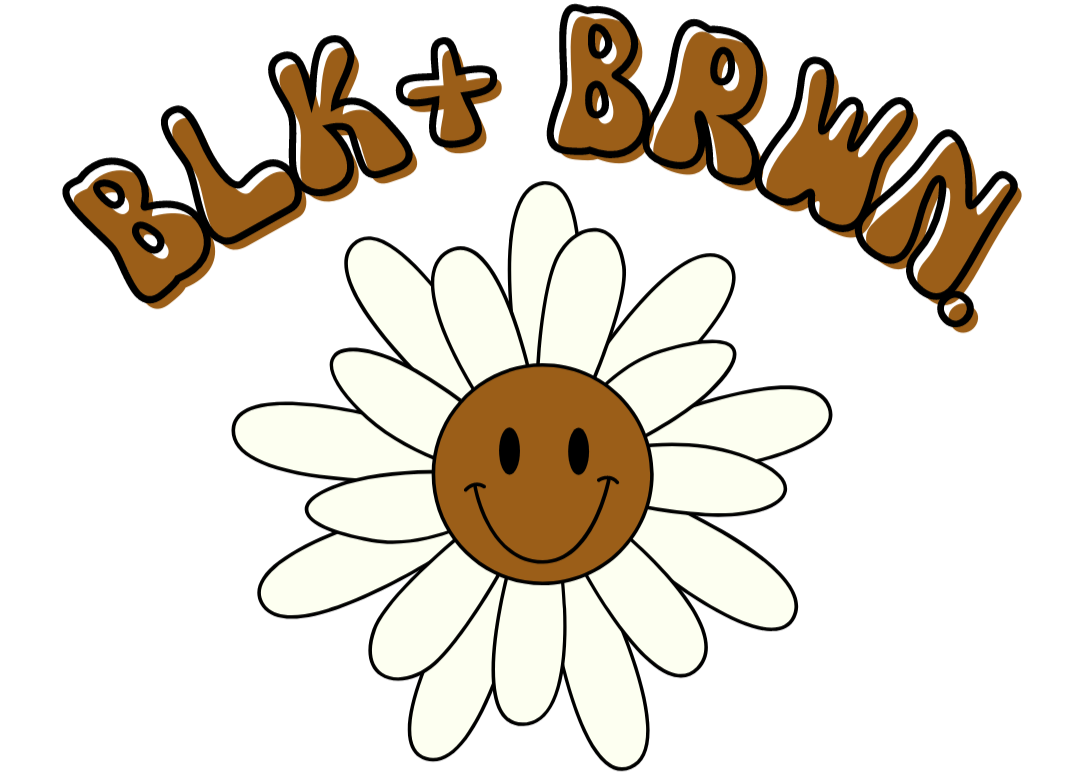Dr. Angela Y. Davis
Angela Davis was born in Birmingham, Alabama, in 1944. Angela was exposed to both racism and activism at an early age. Birmingham was one of the most racially segregated cities in the country. Angela’s neighborhood was nicknamed “Dynamite Hill” because the Ku Klux Klan often attacked the homes of Black residents with bombs. Speaking out about civil rights in Birmingham was incredibly dangerous. But Angela’s mother refused to stay silent. She participated in a communist-based Black civil rights organization.
She is most famous for her involvement with the Soledad brothers, who were accused of killing a prison guard. During George Jackson’s trial in August 1970, an escape attempt was made at gunpoint and several people were killed. Davis was accused of taking part in the event and was charged with murder. Evidence showed that the guns were registered to her and rumors said she was in love with Jackson, which later proved untrue. Davis went into hiding and was placed on the FBI’s most wanted list. She spent eighteen months in jail, which led to the “Free Angela Davis” campaign and the Angela Davis Legal Defense Committee. In response, John Lennon and Yoko Ono wrote “Angela” and the Rolling Stones wrote “Sweet Black Angel.”
In 1997, Davis came out as a lesbian during an interview with Outmagazine. Since then, she has continued to tackle oppression faced by the black community, women, and the LGBTQ+ community. After spending time traveling and lecturing, Davis returned to teaching. She served as a professor at the University of California, Santa Cruz, where she taught courses on the history of consciousness. Her interests inprisoner rights led her to found Critical Resistance, an organization working to abolish the prison-industrial complex. Davis is the author of several books including Women, Race, and Class(1983) and Are Prisons Obsolete? (2003).
-
Women, Race, & Class
Angela Davis: An Autobiography
The Angela Y. Davis Reader
-
Angela Davis: An Autobiography
-
The Prison Industrial Complex
Abolition. Feminism. Now.
Abolition Democracy: Beyond Empire, Prisons, and Torture
-
Women, Race, & Class
Abolition. Feminism. Now.
Women, Culture, & Politics
Blues Legacies and Black Feminism
-
Freedom is a Constant Struggle: Ferguson, Palestine, and the Foundations of a Movement
Abolition Democracy: Beyond Empire, Prisons, and Torture
If They Come in the Morning… Voices of Resistance
The Meaning of Freedom: And Other Difficult Dialogues



